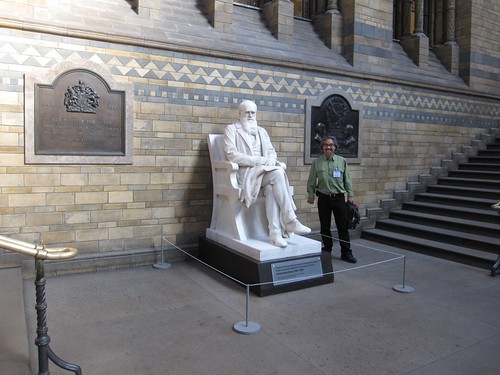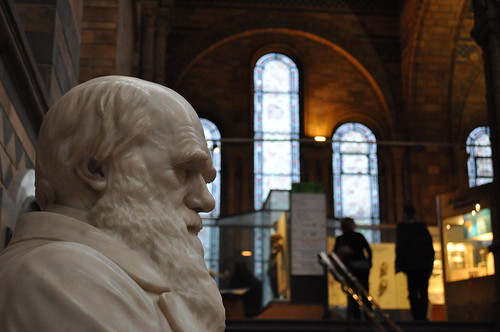I’m in today’s Washington Post, thanks to Brigid Schulte, a Post contributor and author of Overwhelmed.
In the United States, we work among the longest hours of any advanced economy, and we tend to most highly prize workers who log the most hours at the office. But what if we’re wrong? What if the most productive and creative work gets done when we also take what author, consultant and futurist Alex Pang calls “serious rest?”
We talk about deliberate rest, how four hours of hard work gets a lot done, and why we need to take rest a lot more seriously. She also (thankfully) pushed me to explain what lessons we ordinary mortals can take from the lives of people like Darwin and Hemingway (the non-drinking part of Hemingway’s life, anyway).
Darwin has long fascinated me, and I’ve become even more interested in him over the years. He’s a great introduction to the rest project for a couple reasons.
- He’s, well, Charles Darwin. You can’t really dispute his importance.
- We have terrific documentation of his life. You can write a day-by-day account of his life from the moment he steps onto HMS Beagle until his death.
- He clearly was thinking about big questions all the time: his children write fondly of his absorption in his work, and his productivity speaks for itself.
- Yet at the same time he manages to get so much done while only spending about four or five hours a day in his office.
Even if we can’t all be him, we can still learn from his example!

